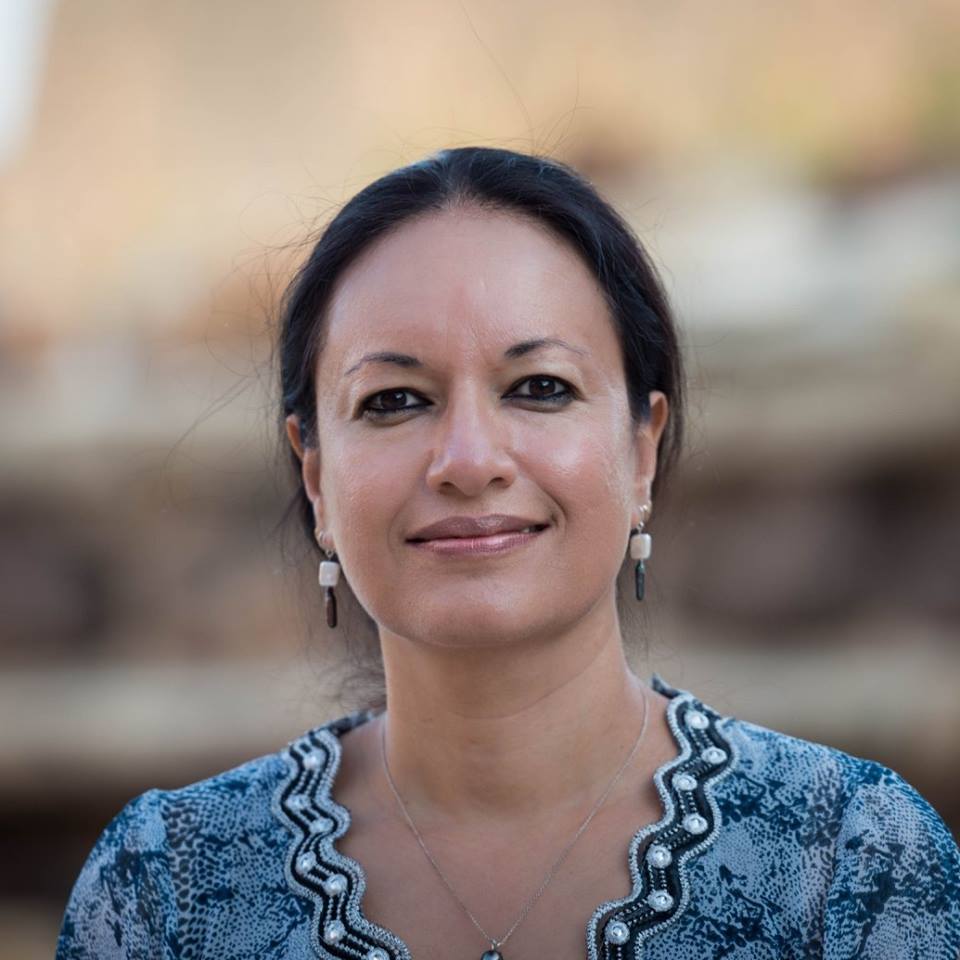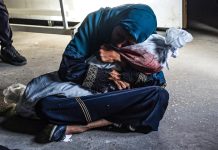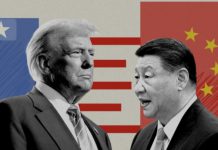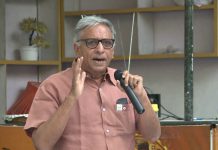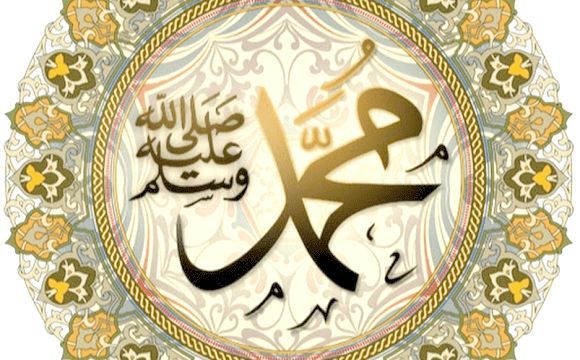Dr. Nyla Ali Khan
I had the honor of being invited to the Oklahoma Conference of Churches 2017 Annual Dinner by the Reverend William Tabbernee. This event was held at the National Cowboy and Western Heritage Museum. The National Cowboy and Western Heritage Museum, which, to my mind, symbolizes the dynamism of cultures and histories in the American West, was the perfect venue for this event.
I, a Kashmiri Muslim woman, had the pleasure of being seated at the Reverend’s table with Donald Karchmer, President Temple B’nai Israel, Hilary Karchmer, Archbishop Wise, and Margueritte Wise. The conversations and interactions that I had not just with those at my table but with friends in the lobby as well were a reminder that we, despite the polarizing politics in the United States and other parts of the world, retain the empathy and compassion to recognize the aspirations of distinct individuals, societies and variations in religious practices and laws from one cultural context to the other.
The entire evening, the invocation, short speeches by the interfaith award recipients, keynote address by Rabbi Vered Harris, and the benediction brought home the strength of the human bond that unites us across divides created by cultural and religious fanaticism, globally. The camaraderie exhibited by the dynamic interfaith community in Oklahoma, one of the most conservative states in this country, effectively challenges the political myopia manifested during and post-the 2016 presidential election in the United States.
The rhetoric that we heard during the 2016 presidential campaign and election treated the idea of a multicultural/ multiracial/ multilingual nation as if it were a myth. The interfaith community of Oklahoma and the heartfelt words that I had the pleasure of listening to at the Oklahoma Conference of Churches Annual Dinner yesterday evening wase rightly critical of the folly of homogenizing an entire religion as well as an entire region.
“The sole reason the Oklahoma Conference of Churches exists is to connect, educate, and motivate people of faith to work together in promoting social justice, facilitating interfaith engagement, and providing emotional and spiritual care,” said the Rev. Dr. William Tabbernee, OCC’s executive director. “This is more difficult in the current prevailing ‘culture of fear,’ but by joining together we can defeat bigotry, racism, intolerance, and prejudice, and care for the poor, the disadvantaged, and those affected by natural and human-made disasters. We cannot do this alone–but we can do it together!”
“The event this evening was a powerful reminder that to love is to demand justice and to be merciful. It was also a reminder that the opposite of love is not hate, it’s indifference. Indifference in the face of evil is the same as consent” ~ Michael Korenblit, co-author of Until We Meet Again, and co-founder of the Respect Diversity Foundation.
“Judaism teaches the importance of working with others in the community to achieve social justice. In the Torah, Jews are taught to accept others, without prejudice or bias. In Leviticus 19: verse 17 states, ‘Do not hate a fellow Israelite in your heart. Rebuke your neighbor frankly so you will not share in their guilt.’ Verse 18 goes on to say ‘Do not seek revenge or bear a grudge against anyone among your people but love your neighbor as yourself. I am the Lord” ~Don B. Karchmer, President, Temple B’nai Israel.
“The messages of unity, compassion, and acceptance driving these Christian, Muslim, Jewish, and other various worldviews to seek unity is encouraging. But, I left asking whether there are unrecognized ideological barriers within this movement because White Evangelical churches were conspicuously absent. Is it because cultural diversity, social justice, full acceptance, and ‘multiple truths and paths to God’ are antithetical to the truths and morality of some? So the barrier is something more than different opinions on some social issues. Maybe the barrier is primarily political. White evangelical theology is influenced by a political ideology that favors the status-quo of the majority culture. Terms such as inclusion and diversity are seen as an infringement on their rights. If that perception is accurate, I guess it would be a challenge for them to join such a coalition. What about the Oklahoma Conference of Churches? Is there a responsibility that goes beyond connecting to groups where the commonality is more evident? What a wonderful event, but this was on my mind when I left. May Yeshua bless all.” Dwain Pellebon, Ph.D., LCSW-P
I was reminded that faith is much greater than mere dogma or tradition. Faith is the ability to organize and mobilize for social change, which requires the creation of awareness not just at the individual level but at the collective level as well. Faith is the courage to bridge divides and to pave the way for the education of the younger generation, which is the only viable response to ignorance and bigotry. Faith is the openness to diverse opinions, dissent, and differences of opinion, which is true grit. I saw shared consent on the fundamental principles of humanity, compassion, empathy, and open-heartedness, which blurs the divide between “us” and “them.”
The writer is the author of Fiction of Nationality in an Era of Transnationalism, Islam, Women, and Violence in Kashmir.

